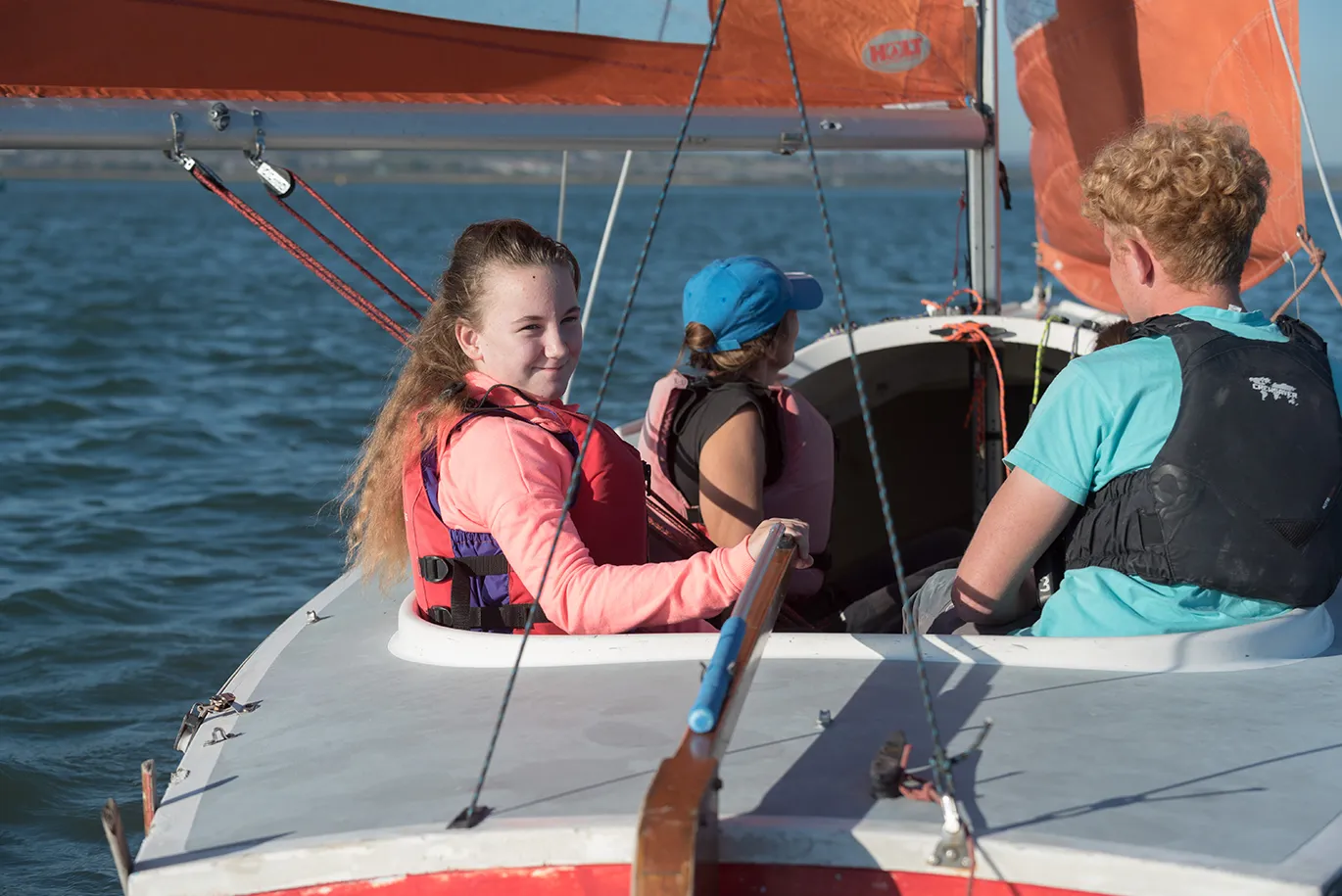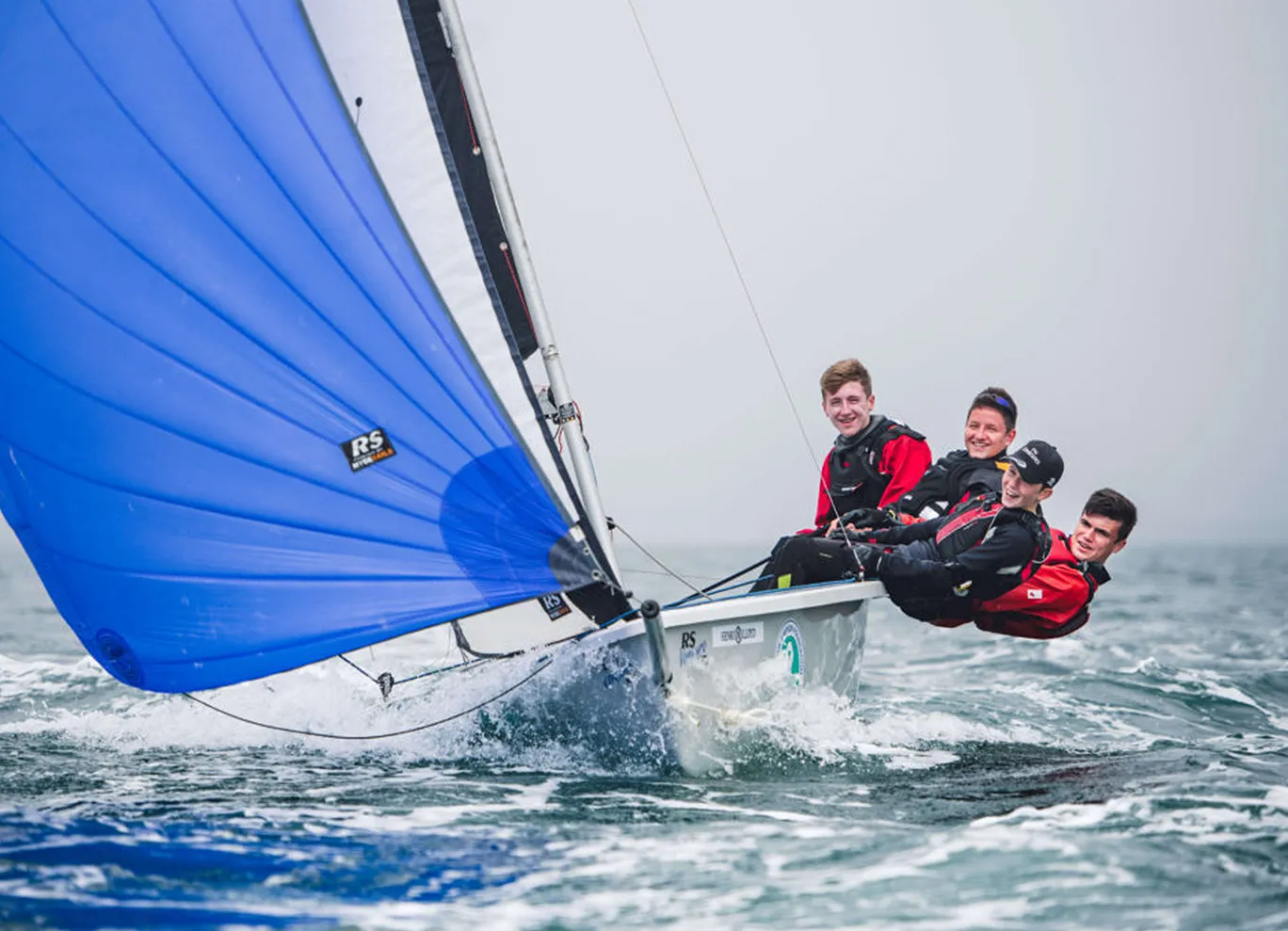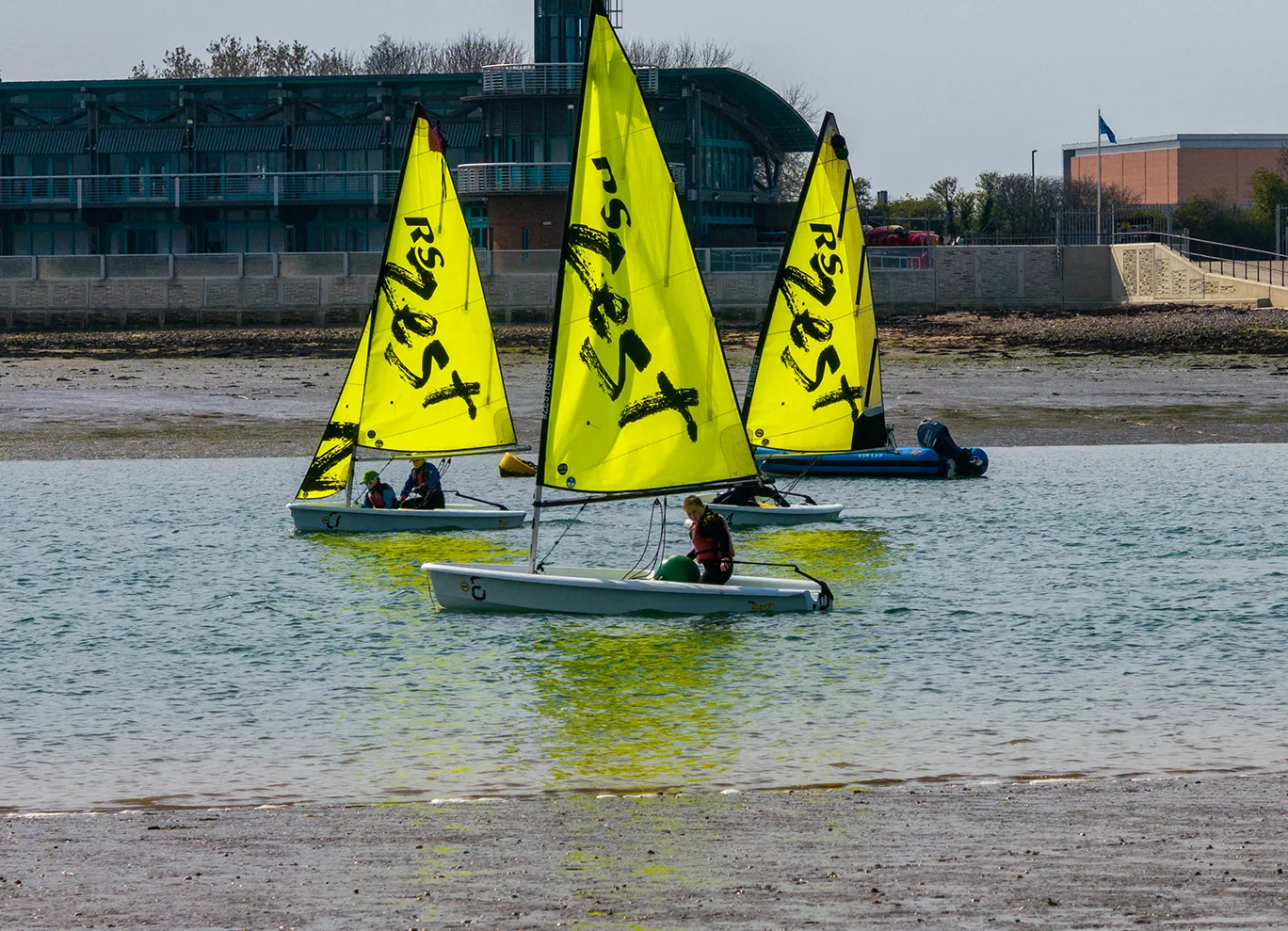This study explores how children and teenagers in the UK felt during the COVID-19 lockdown; especially about not being able to enjoy their usual free time and activities.
This research paper, “Children and young people’s perspectives from UK lockdown: leisure-less experiences” by Ellie Gennings and colleagues (2022), focuses on what it was like for 11 to 16-year-olds when they couldn’t go outside, see friends, play sports, or visit fun places.
Through interviews with both young people and their parents, the researchers found that many children felt bored, frustrated, and missed out on important social and physical activities. While some found new ways to enjoy family time or appreciated quiet moments, most struggled with too much screen time and not enough movement.
The study highlights how important leisure activities are for young people’s mental health and overall well-being. It calls on schools, communities, and policymakers to make sure kids have access to safe, fun, and healthy ways to spend their free time, especially during difficult times like a pandemic.
If you want to better understand how lockdowns impacted children, and what can be done to support them, this paper offers clear and thoughtful insights.
This research further illustrates the value of being physically active outdoors, in the natural blue environment. This goes beyond the physical and mental benefits and includes a collection of life skills such as confidence, empowerment, the development of personal, social and cognitive skills.
Since the pandemic, we’ve been delighted to see that the appetite for getting out on the water is stronger than ever. It is a clear antidote to the isolation of lockdown and, as we now know from this research, being active in a blue space is key for all, particularly during these challenging times.
Richard Percy, CEO of the Andrew Simpson Foundation
More research
Health and wellbeing of young dinghy sailors
This study explores the physical activity, mental well‑being, and motivational factors associated with dinghy sailing among children aged 8-13.
The OnBoard Programme: A research evaluation for the Royal Yachting Association
A research evaluation of the RYA’s OnBoard programme, which aims to introduce young people aged 8–18 to sailing and windsurfing, particularly those from backgrounds that might not typically access such activities.
An exploration into the perceived benefits of regular recreational dinghy sailing for young people aged 9-13
This research project explores how regular participation in dinghy sailing impacts the health, confidence, and life skills of young people aged 9-13.



